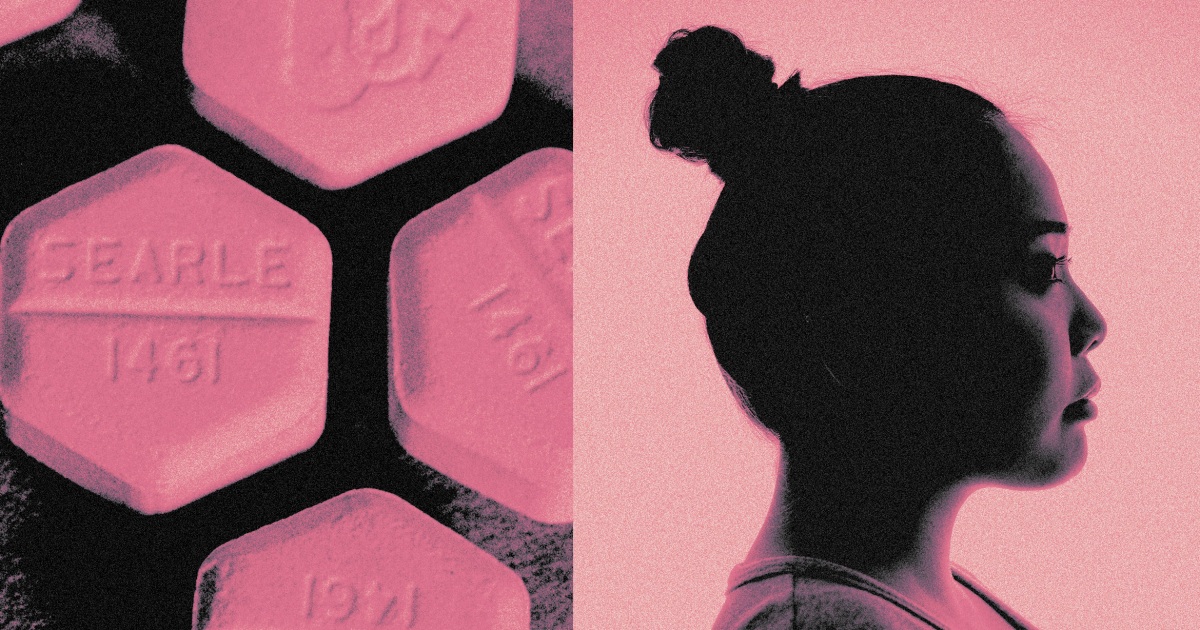
Asian American, Native Hawaiian and Pacific Islander women contend with major barriers to accessing reproductive health information, with almost half of respondents saying that they did not know where to access medication abortion if they needed it, a new report shows.
The study, released by nonprofits National Asian Pacific American Women’s Forum and Ibis Reproductive Health on Tuesday, said that cultural taboos and insufficient culturally relevant care and information have contributed to the continued limited knowledge about medication abortion, which accounts for more than half of all abortions in the United States.
“It’s been in the news. It’s been everywhere and what it signals to me is, we’re not doing enough to educate the public,” Isra Pananon Weeks, interim executive director of NAPAWF, said referring to the recent Supreme Court decision preserving nationwide access to an abortion pill. “It’s important to organize in-language to reach people.”
Researchers found that 47% of respondents did not know where to access medication abortion. Another 40% reported having no prior knowledge about the safety of the procedure. And just more than a third of respondents said they had not heard, or didn’t know if they had heard, of medication abortion at all.
Previous research shows that at 85%, Asian American and Pacific Islander women are overwhelmingly in support of women being able to make their own reproductive choices.
The study, the first to look into attitudes and experiences around medication abortion for these communities, included data for a sample of 1,500 women and transgender, nonbinary or gender expansive people between 16-49, as well as in-depth interviews and focus group discussions.
Those born in the U.S. had a greater chance of hearing about the abortion method at 73%, while 58% of foreign-born respondents had previously heard of it. A number of participants brought up misinformation around the issue in their communities.
“Some participants shared that they previously thought procedural abortions were the only available abortion method and had negative imagery associated with the procedure,” the report said. “Even with prior knowledge of MA, some qualitative participants lacked a clear understanding of the difference between MA and emergency contraception.”
The knowledge gap around sexual and reproductive health is “compounded” by the lack of accessible information in the communities. While 78% said they would go to a doctor or health care provider about such information, a third of respondents said they would rely on an internet source. And just over a fifth would turn to a friend or family member.
“With the reliance on digital sources of information, it is also important to recognize the legal risk associated with accessing abortion information and services online especially in legally restrictive states,” the report said. “And while online resources might be accessible to some, others stressed the importance of community resources that were offered in-language and distributed by trusted organizations.”
Study participants, researchers wrote, often attributed their lack of knowledge around the topic to insufficient openness around the topics of sexual and reproductive health. Cultural taboos around abortion were a common theme throughout the report. Among the community-related barriers to accessing abortion care, personal religious or moral concerns were most prevalent at 37%. Others had concerns about the method of abortion at 35%, and one-third of participants reported someone close to them not wanting them to have an abortion.
“We need to get out to the faith-based community,” Weeks said. “I do think that if we are ready to provide health care, which obviously, medication abortion is health care, we need to get out there.”
Most participants who sought abortion services reported at least one of the community-related barriers. Often, respondents reported a lack of familial support, and some reported that the inability to talk freely about the topic led them to feel alone in their own abortion process.
“I feel very isolated. Like I pretty much carry this experience with me and only like me right now but … I’ve never really talked to my family about it, so during that time, nobody knew,” Shruthi, an interview participant who declined to use her last name, said in the study.
The lack of in-language services also proved a major barrier to accessing medication abortion, with clinics often failing to include sufficient language options.
Weeks emphasized that far more research needs to be done around the topic, and that existing research often fails to account for the specific needs of women from all these communities.
“We definitely need to do more. More studies, more advocacy,” Weeks said. “And now this court case is happening, it’s only going to be more prevalent. People need to speak up, get out there and mobilize on all those things.”






